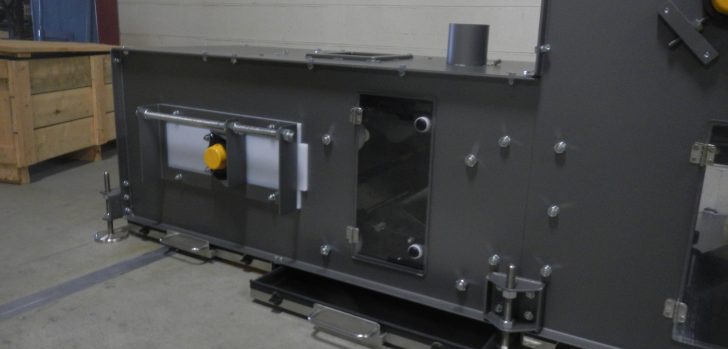Conveying Catalysts


Chemical catalysts are used in many industries to increase the rate of chemical reactions used in production processes. With a catalyst, reactions occur faster than they would otherwise. Furthermore, the catalyst itself is not consumed in the process and it may be reused in further reactions. Catalysis is the term used to describe the increase in the rate of a chemical reaction through the use of an additional substance (catalyst).
The production of many important bulk and fine chemicals involve the use of catalysts. Other important industrial processes that use catalysts are petroleum refining and hydrocracking, petrochemicals production, polymer production, food processing (notably in the production of margarine), the manufacture of fuel cells, and others.
Catalysts come in a variety of material forms and types. Some catalysts, such as proton acids, are liquid in nature. However, many more exist in solid form, such as alumina, oxides, graphitic carbon, and various compounds such as magnesium sulphate, potassium sulphate, etc. Some catalysts are metallic in nature, including iron, nickel, copper, vanadium oxide, and zeolite, while others are made from precious metals such as selenium, platinum, palladium, rhodium, iridium, and more.
Solid and metallic catalysts are often supplied in a variety of material types, including powders and fine powders, granules, crystals, beads, pellets or flakes. Some of these materials may present handling problems in that the material may be inherently abrasive or friable when conveyed. Accordingly, conveyors for moving solid or metallic catalysts should be capable of effectively handling these material forms and types.
At UniTrak, we have helped producers and users of catalysts to solve their conveying challenges. By way of example, on the producer side, we have used TipTrakTM bucket elevators to handle the production of catalysts, including those that are used in waste treatment, hydrocracking, petrochemical processing, and other applications. Similarly, on the user side, we have supplied TipTrakTM conveyors to a multinational oil company to convey catalysts that are used within their refining process.
The advantages of TipTrakTM bucket elevators for conveying catalysts are the following:
In addition to providing conveying solutions for catalysts, UniTrak can also supply Bagstander bulk bag dischargers for the unloading of fresh catalyst supplied in large bags or Flexible Intermediate Bulk Containers (FIBC). Bagstander bulk bag dischargers allow for the safe and effective emptying of bagged catalyst and readying it for transport to the production process.
If your organization is involved in the production or usage of catalysts, our product specialists will be pleased to discuss how TipTrakTM conveyors and Bagstander bulk bag dischargers can help. To find out more about we can assist with your catalyst handling needs, please contact our sales team.

© UniTrak 2022. All rights reserved.